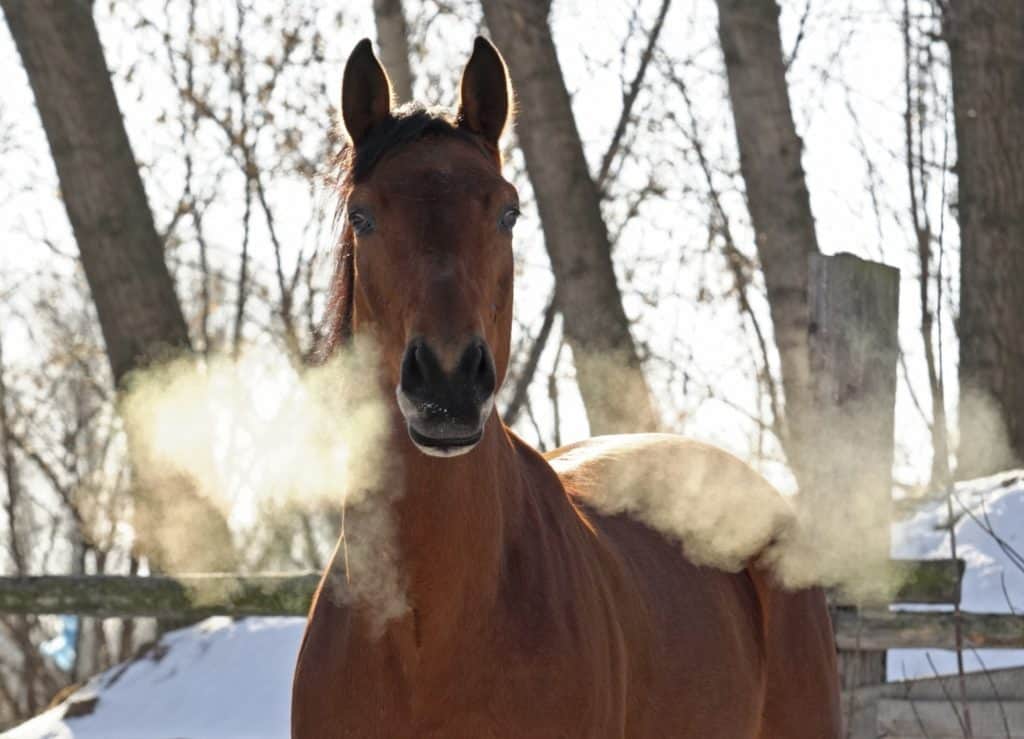
Breathing Easy: Managing Horses With Asthma
Does your horse have asthma? Find out how you can help him using management and environmental changes.
Design and maintain a healthy horse operation

Does your horse have asthma? Find out how you can help him using management and environmental changes.

Slow feeders and haynets offer many benefits for horses, such as metered forage intake, but can also create safety issues. Here are solutions to common challenges.

Deworming doesn’t have to be dull! Brush up on your parasite control knowledge with these expert-approved facts.

Over the past few decades veterinarians and researchers have investigated major EHV-1 outbreaks in the U.S. to learn more about how to contain and prevent future occurrences.

Insects don’t just harass your horse—their bites can cause welts and rashes, lead to insect bite hypersensitivity, and even transmit diseases. Download this free report to learn about smart insect control strategies you can use to keep your horse comfortable.
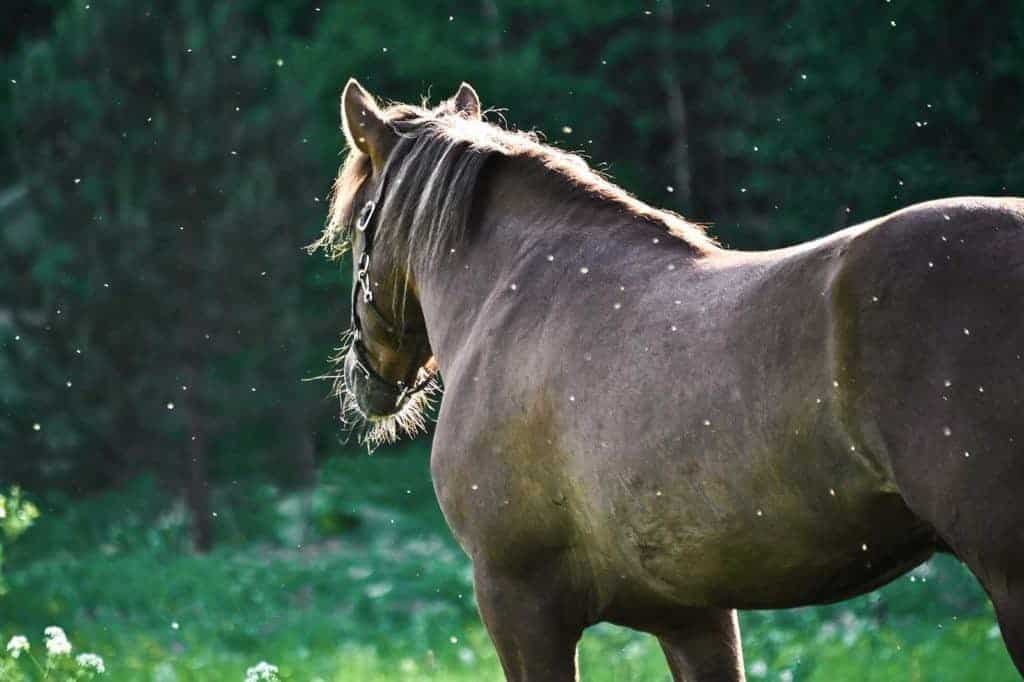
Learn about Eastern equine encephalomyelitis (EEE), Western equine encephalomyelitis (WEE), and West Nile virus (WNV) and how you can best protect your horse.

Are you wondering when your pregnant mare will foal? Use our Mare Gestation Calculator to estimate her foaling date!
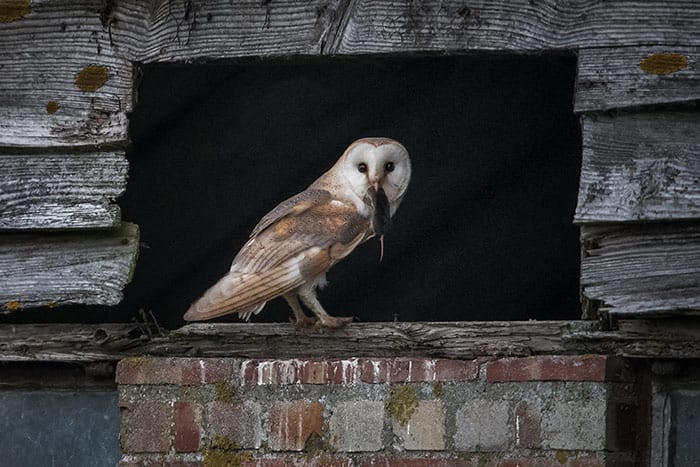
A barn owl family will consume nearly 2,000 mice or other rodents in just a couple of months. The good news for you is all it requires is the installation of a simple nest box—and the right habitat for their prey.
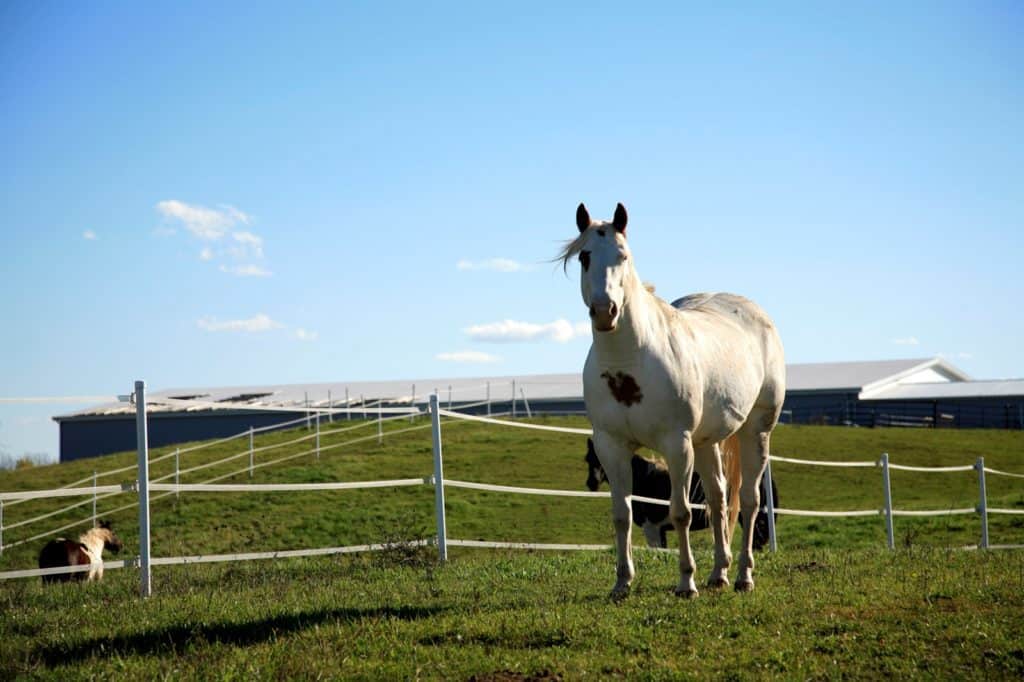
Scientists have reported widespread parasite resistance against every anthelmintic drug class on the U.S. market.

Each horse has his own individual needs when it comes to parasite control. But when you’re responsible for deworming a number of horses on one property, how do you meet each one’s needs?

Owners often seek advice and tips on ways to keep their RAO-affected horses healthy, so we’ve scoured our archives and compiled 10 resources available for free on TheHorse.com.
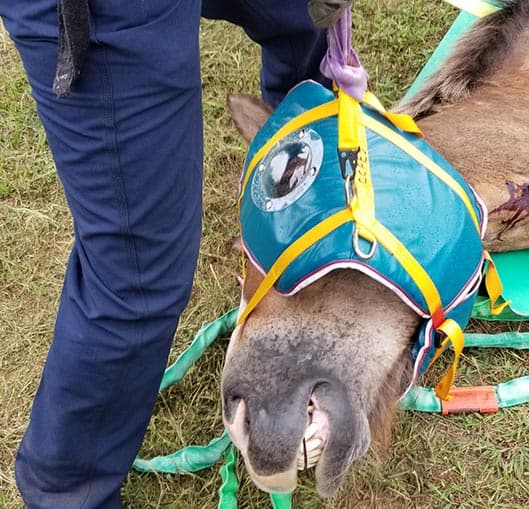
Vets and handlers can take these steps to keep horses restrained during recovery or rescue.

Horses are susceptible to a number of viral and bacterial diseases for which the equine industry has produced safe and effective vaccinations.

Dr. Morgan Hayes of the University of Kentucky describes barn and indoor arena ventilation problems and how to fix them.

Does freezing weather turn urine and water in your stalls’ runs into pee-filled ice rinks? There’s no perfect solution, but here are some tips that might help.

As a traditionally outdoor sport, horseback riding might seem like one situation where you wouldn’t need to wear a mask or stress over social distancing to prevent the spread of COVID-19. However, that might be a mistake, says a leading equitation science researcher.
Stay on top of the most recent Horse Health news with
"*" indicates required fields